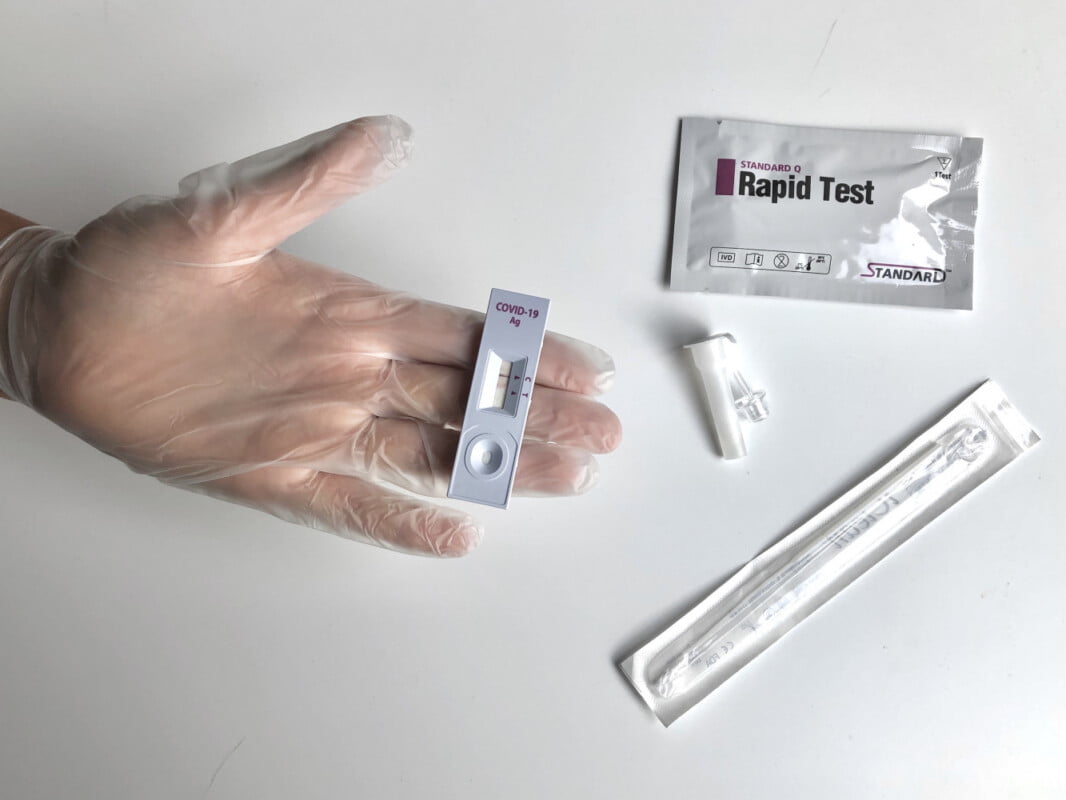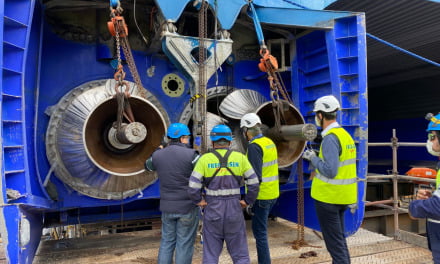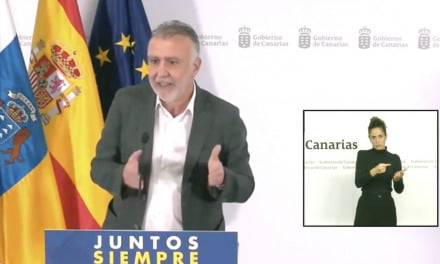The European Commission on Wednesday announced that they are approving rapid antigen tests for travel as a way to avoid severe restrictions that limit freedom of movement between European countries. They recommend that all EU states validate the tests which could be the key to restoring mobility throughout the European Union and help put an end to blanket quarantines.
The President of the Canary Islands Government, Ángel Víctor Torres, commented yesterday, on his Twitter profile, that the new decision in Brussels now aligns well with what the Canary Islands have been demanding for months and favours the entire tourism industry – airlines, tour operators and tourism entrepreneurs. “The European Commission recommends that member states recognize rapid antigen tests to facilitate cross-border tracing and control. We are happy, this was our proposal and it allows the safe reactivation of mobility and tourism in the Canary Islands” Torres said on Twitter.
La @ComisionEuropea recomienda a los Estados miembros reconocer las pruebas rápidas de antígenos para facilitar el rastreo y control transfronterizo. Nos alegra, pues es nuestra propuesta y permite una reactivación segura en #Canarias de la movilidad y el turismo. https://t.co/S05dJUzPcO
— Ángel Víctor Torres (@avtorresp) November 18, 2020
The Canary Islands Government has already validated both PCR and the antigen tests for tourists, before being allowed to stay at tourist accommodation on the islands. However, Spain were adamant, in a separate decision, that they would only accept the more expensive PCRs for entry from countries deemed to be of high-risk. The new law, published in the State Gazette (BOE) last week, stipulated that as of Monday November 23 all travelers entering Spain from high risk areas (more than 150 cases per 100,000 inhabitants) will need to present a negative PCR result beforehand, or could be fined up to €6,000. This became highly problematic as access to these tests in Europe is quite limited, costs significantly more and they require up to 48 hours for the results.
Tourist associations and businesses warned that “without antigen testing” there would be no tourism in the archipelago this winter
When it was announced that Spain was going to request mandatory PCR test results to enter the country, tourist reservations across Europe for the Canary Islands stopped. The situation has led the entire tourism industry to demand antigen testing also be accepted. Otherwise, they said, the plan to reactivate tourism in December for the Canary Islands could not take place.
Canary Islands President, Ángel Víctor Torres, said he was confident yesterday, in a meeting held with the president of the Circle of Entrepreneurs and Professionals of the South of Tenerife (CEST), Roberto Ucelay, that antigen tests will be acceptable in the Canary Islands, with a full guarantee.
During the meeting Torres pointed out that the Canarian Regional Executive continues to work in collaboration with the Spanish State to achieve harmonisation of the tests, and for the State to accept the antigen tests for travel to the islands. The Canary Islands now have the support of the European Commission for these tests. In support of the Canary Islands position is the Government of Spain’s own stipulation that, although they had only approved negative PCR results as evidence for entry to the country, anyone who arrived without it would have had to have an antigen test carried out at the airport. “If it is not valid to enter Spain, it should not serve as a substitute”, sources close to the Government had said.
The Las Palmas Federation of Hospitality and Tourism Entrepreneurs (FEHT), chaired by José María Mañaricúa, yesterday demanded urgent regulatory changes to the state regulations, warning that, if the Spanish Government does not validate the antigen tests, “the winter season in the Canary Islands is put at risk.”










